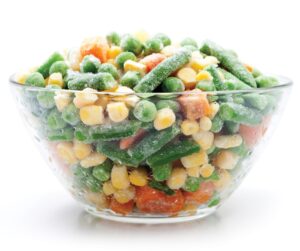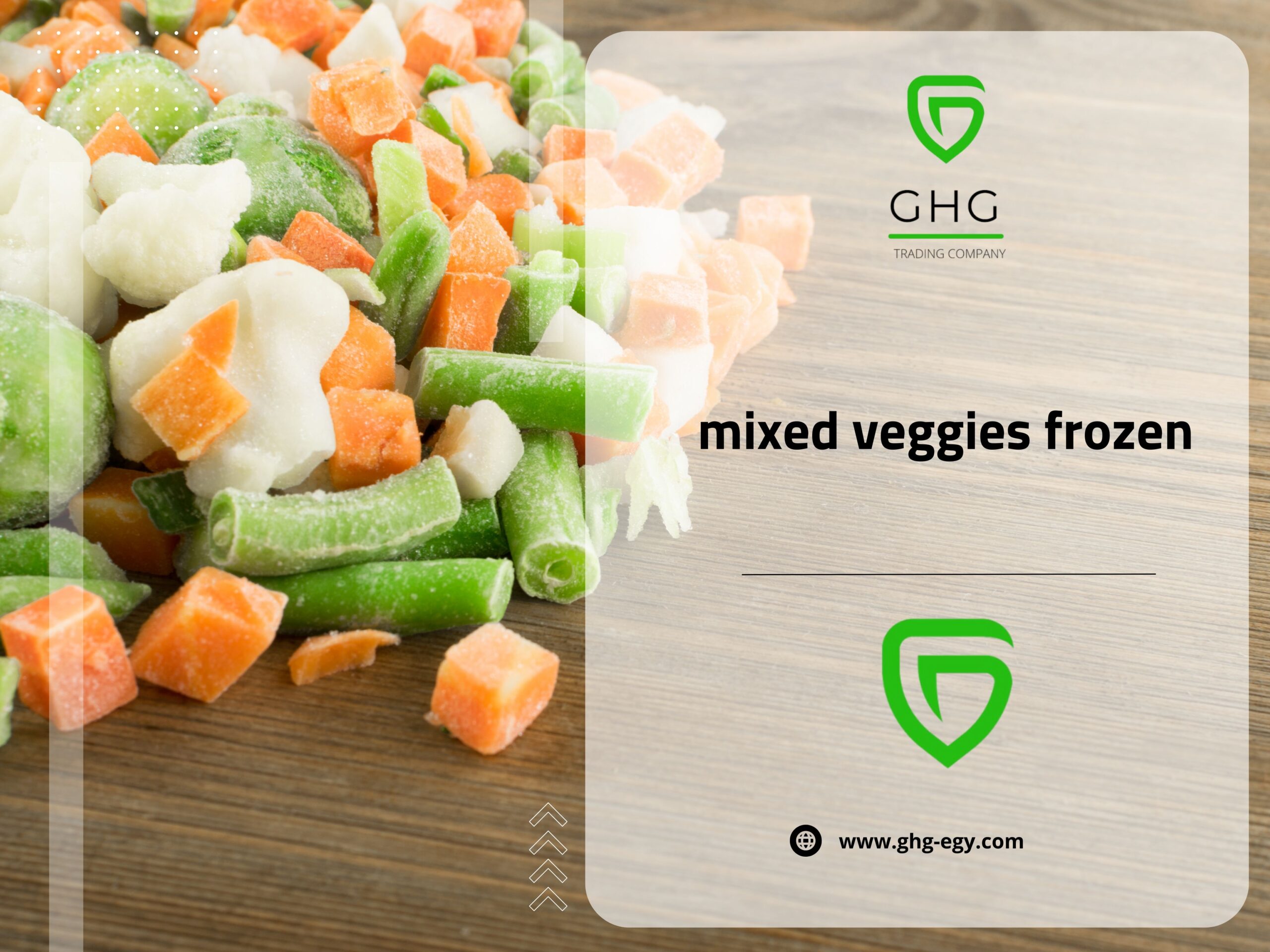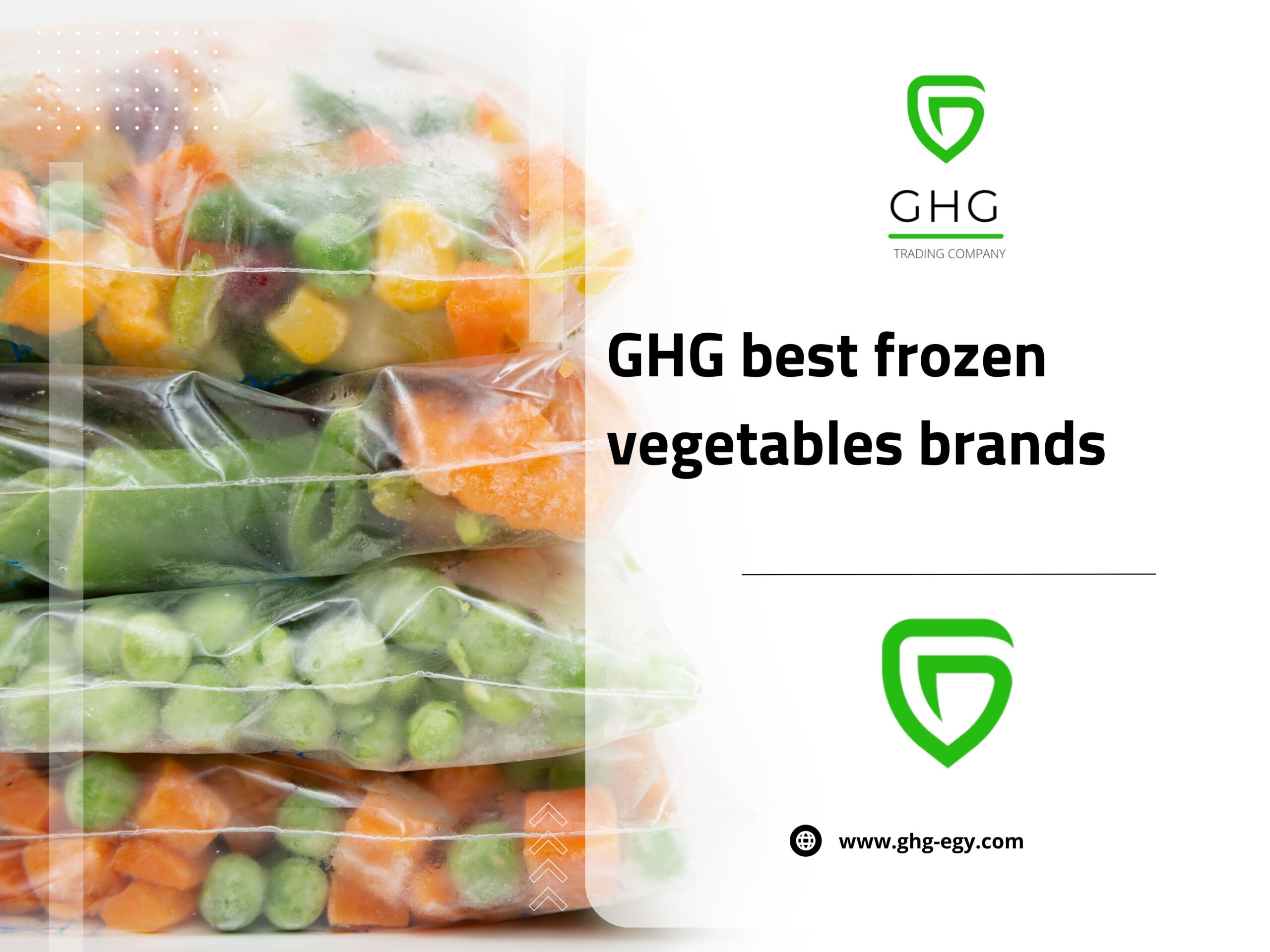When it comes to nutrition, frozen mixed veggies are a great choice. They retain their vitamins and minerals, making them a convenient and healthy option for your meals.
Benefits of Frozen Mixed Veggies for Nutrition
Frozen mixed veggies are a nutrition powerhouse, packed with vitamins, minerals, and fiber. They retain their nutrients during the freezing process, ensuring you get a healthy dose in every bite.
Advantages of Convenience and Longer Shelf Life

When it comes to frozen mixed veggies, convenience is key. They are already washed, chopped, and ready to go, saving you time in the kitchen. Additionally, they have a longer shelf life compared to fresh veggies, allowing you to always have a nutritious option on hand.
Common Varieties of Mixed Veggies Frozen
When it comes to common varieties of mixed veggies , two popular options are the Peas, Carrots, Corn, and Green Beans Mix, and the Broccoli, Cauliflower, and Carrot Blend. These blends offer a variety of flavors and nutrients to enhance your meals.
Peas, Carrots, Corn, and Green Beans Mix
The Peas, Carrots, Corn, and Green Beans Mix is a popular variety of frozen mixed veggies. It offers a vibrant combination of flavors and colors, adding a nutritious boost to your dishes.
Broccoli, Cauliflower, and Carrot Blend

Broccoli, Cauliflower, and Carrot Blend is a popular variety of mixed veggies that offers a perfect balance of flavors and textures. Packed with nutrients, this blend is a great addition to any meal.
How to Properly Store Mixed Veggies Frozen
To properly store mixed veggies frozen, keep them in the freezer at temperatures below 0°F (-18°C). Store them in airtight containers or freezer bags to prevent freezer burn and maintain their quality and freshness. Use within the recommended storage time for best results.
Best Practices for Freezer Storage
To properly store mixed veggies, keep them in airtight containers or freezer bags. Label them with a date to ensure freshness. Store them in the freezer below 0°F (-18°C) for optimal preservation.
Tips for Maintaining Quality and Freshness

To maintain the quality and freshness of your mixed veggies, store them in airtight containers or freezer bags. Label them with the date of storage and keep them below 0°F (-18°C) in the freezer.
Ways to Cook and Enjoy Mixed Veggies Frozen
There are several ways to cook and enjoy mixed frozen. You can steam them, roast them, or stir-fry them to preserve their nutrients and add them to casseroles and soups for a delicious meal.
Steaming, Roasting, or Stir-frying Options
When it comes to cooking frozen mixed veggies, you can choose from various methods like steaming, roasting, or stir-frying. These options help to preserve the nutrients and enhance the flavors of the vegetables. Here’s how you can prepare them:
Steaming: Place the frozen mixed veggies in a steamer basket over boiling water. Cover and steam for a few minutes until they are tender but still have a slight crunch. This method retains the nutrients and colors of the vegetables.
Roasting: Preheat your oven to around 425°F (220°C). Toss the frozen mixed veggies in some olive oil, salt, and your choice of seasonings. Spread them out on a baking sheet and roast for about 20-25 minutes, or until they are nicely browned and crisp.
Stir-frying: Heat some oil in a skillet or wok over medium-high heat. Add the frozen mixed and stir-fry for a few minutes until they are heated through and slightly caramelized. You can also add some soy sauce or other seasonings to enhance the flavors.
Remember to adjust the cooking times based on the size of the vegetables and your personal preference. These cooking methods allow you to enjoy the convenience of frozen mixed veggies while still maintaining their taste and nutritional value.
Incorporating Mixed Veggies into Casseroles and Soups

Incorporate frozen veggies into casseroles and soups by adding them during the cooking process for added flavor and texture. They can be a nutritious and versatile addition to your favorite recipes.
Health Considerations with Mixed Veggies Frozen
When it comes to health considerations, mixed veggies frozen are an excellent choice. They retain their nutrient content and can contribute to a balanced diet rich in vitamins, minerals, and fiber. Incorporate them into your meals for added nutrition.
Nutrient Retention in Frozen Vegetables
Frozen vegetables are typically picked at their peak ripeness and quickly frozen, which helps to preserve their nutrient content. This means that you can still benefit from their vitamins, minerals, and fiber when enjoying mixed veggies frozen. Incorporate them into your meals for added nutrition.
Benefits of Mixed Veggies for Balanced Diet
Including mixed veggies in your diet can contribute to a balanced and nutritious meal. They are low in calories, high in fiber, and provide essential vitamins and minerals for optimal health.
Conclusion
In conclusion, frozen mixed offer numerous benefits for nutrition, convenience, and versatility in cooking. By including them in your diet, you can easily meet your nutrient needs and enjoy a variety of delicious meals.
Tips for Choosing Quality Mixed Veggies Frozen Brands
When choosing frozen mixed veggies, look for brands that use high-quality vegetables and freeze them at their peak freshness. Check for clear packaging and avoid any brands that have visible ice crystals or freezer burn. Consider reading reviews or asking for recommendations from others to ensure you select a reputable brand.
Recipe Inspiration and Final Thoughts
Looking for recipe inspiration? Frozen mixed veggies can be used in a variety of dishes such as stir-fries, soups, casseroles, and more. Get creative and experiment with different flavors to enjoy the convenience and nutritional benefits of frozen mixed veggies. Remember to always follow proper storage and cooking instructions for the best results. Whether you’re a busy parent, a college student, or someone who simply wants to add more vegetables to their diet, frozen veggies are a convenient and nutritious option to consider. So go ahead and stock up on your favorite brands of mixed veggies and start incorporating them into your meals for a delicious and balanced diet.
FAQs
Question: How do frozen mixed vegetables compare nutritionally to fresh ones?
Answer: Frozen mixed vegetables are often nutritionally comparable to fresh ones. The freezing process is designed to retain the nutritional value of the vegetables. In fact, in some cases, frozen vegetables may even have higher nutrient levels than fresh ones, as they are often frozen at peak ripeness. It’s essential to check the product labels for specific nutritional information, but generally, frozen mixed provide a convenient and nutritious option.
Question: How should I store frozen mixed vegetables to maintain their quality?
Answer: To maintain the quality of frozen mixed vegetables, store them in the freezer at a consistent temperature of 0°F (-18°C) or lower. Make sure to seal the package tightly to prevent freezer burn. It’s advisable to use the “first in, first out” principle, rotating your stock to ensure that older packages are used before newer ones. Avoid thawing and refreezing, as this can affect the texture and taste. Following these storage guidelines helps ensure that your frozen mixed vegetables stay fresh and flavorful.



